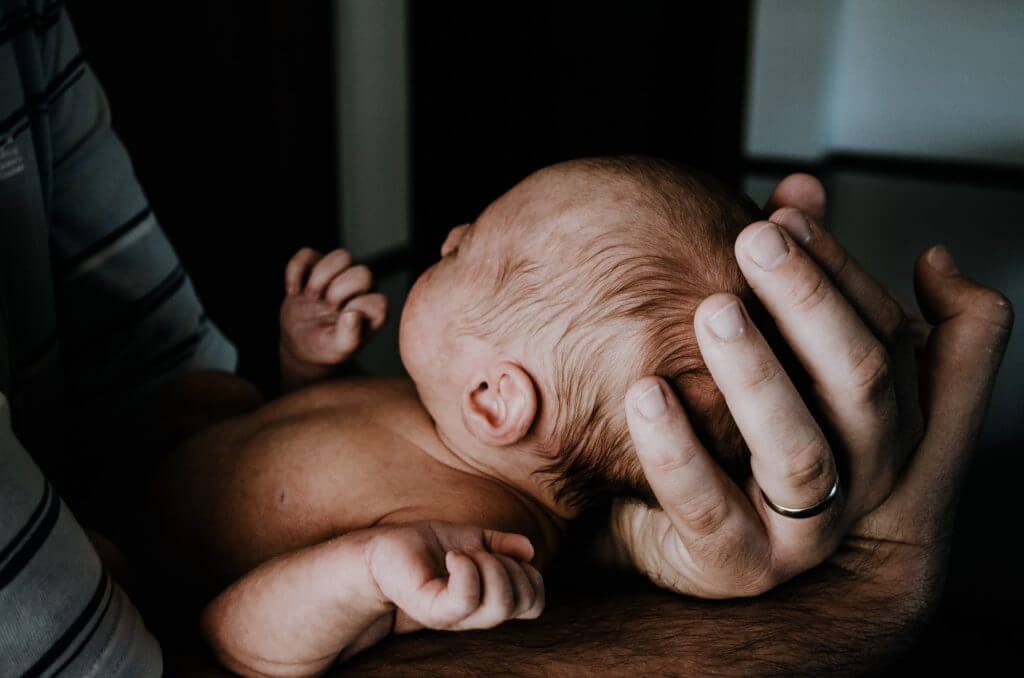The defining moment in my relationship with my father came when I was a teenager.
I’d disobeyed, driven with friends into the city, and wound up lost in the part of town famous for drugs, murders, and abandoned buildings. It was past my curfew and as we turned desperately down yet another one-way street, I took a breath and called my dad.
He didn’t yell, or lecture, or even fret (at least not out loud). I told him which street I’d turned down and he reached back into his long memory of city streets and gave me directions. When I found the highway, he told me to drive safe and be home soon.
I still expected some sort of explosion. After all, the whole trip was a bad idea. I’d broken rules and curfews and trust. But when I walked through the door, there was nothing to answer for. He talked about his memories of living in that part of town during the late 60s, hugged me, and went to bed. I knew that by calling on him when I needed him, something beautiful had solidified in our relationship.
Some people say that our view of God is informed most often by our relationship with our fathers. I don’t know if it’s true for everyone, but I know that my view of God—especially in my teens and twenties, did look a lot like my own careful, indulgent, and forgiving father.
What is a "father wound"?
The influence our fathers have on us isn’t always a good thing. Even in the healthiest father-child relationships, we’re both fallen people, and wounds happen.
For a long time, my view of God limited my devotion to the Sacrament of Confession. After all, God understands. He forgives, it’s His job. He’s indulgent and soft-hearted like my own father.
It took me a long time to get in the habit of reaching out to God the way I needed to. I had to spend time with His own words in Scripture to realize just how seriously He took sin. But once I did, I learned that Confession is much like that long-ago phone call from downtown Detroit.
Yet for some people, our fathers’ failures have left a lasting and painful impression. When our fathers aren’t there for us, it’s hard to expect anyone to be.
Finding the scar.
In many ways, fatherhood is the definitive relationship, and when it lacking or damaged, we have to work extra hard at our other relationships. As children, our father’s behavior tells us a lot about who we are to the world. If he tells us through rejection, neglect, abandonment, or emotional distance that we aren’t worth his time, those scars can last a lifetime.
An older lady I know will still say to her husband, “that reminded me of my father,” when she feels hurt or rejected by something he’s done. He has to tread carefully to avoid opening up old emotional scars. Father wounds can be especially devastating in romantic relationships; and because there are so many ways to carry a father wound, sometimes the realization that we’re wounded at all takes time.
If your father abandoned the family or was abusive, it’s easy to see the correlation. But sometimes, the father wound is more subtle. If he was a loving father, but too weak to stand up to an overbearing or abusive wife, then sometimes his children are left wounded by his weakness. Fathers should be the protectors of their children, and when fathers fail to do so, they leave wounds.
Healing hurts and moving forward.
However deep and lasting your father wounds are, it’s time to heal! Healing is never easy, but it is necessary. The deeper the wound, the more painful, long, and essential the healing process. Give yourself grace and time as you work through your wounds.
Remember that your first step in healing is to reach out to your Father in heaven. God who “heals the brokenhearted and binds up their wounds” is longing to heal you.
At some point, we all have to learn that the Fatherhood of God is greater than any father here on earth. But when we have deep wounds, the Fatherhood of God still feels threatening. Spend some time reading the psalms and meditating on the parable of the Prodigal Son. Spend time getting to know the nurturing, protective Father you’ve always had.
Forgiveness is another essential aspect of healing. Forgiveness doesn’t mean you need to invite your father into your life again. Sometimes forgiveness needs to happen at a distance. It’s okay to set up firm boundaries to protect yourself and your family. It’s okay to refuse any contact. Forgiveness doesn’t require a relationship, it’s a freeing act of love.
When you forgive your father for his failures, you entrust him to God and pray for his salvation. In some cases, you may also make space for him in you life, and accept the fact that a weak or neglectful father will never be able to offer you the sort of parent-child relationship you deserve.
Relearning love.
Along with the healing steps above, your mind and heart need constant reminders about you and your dignity. Even after you forgive your father, his voice will always be a part of how you see yourself—until you replace it with something better.
Whatever his words or actions told you about yourself, tell yourself a new story. Remind yourself that the love of God has no limits, and that you are His child. You have the chance to help your heart heal and start living beyond the limits that your father wounds set for you.


